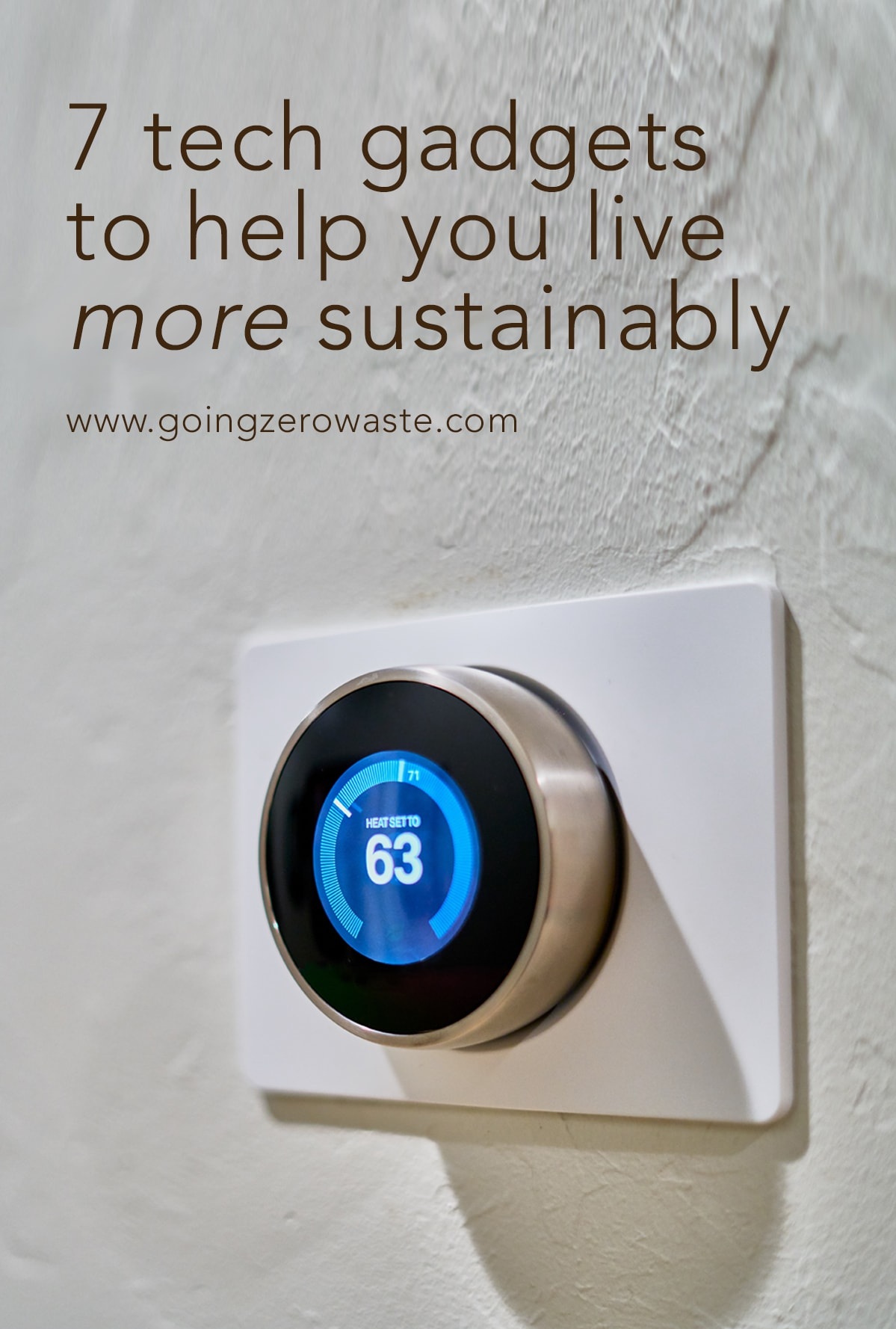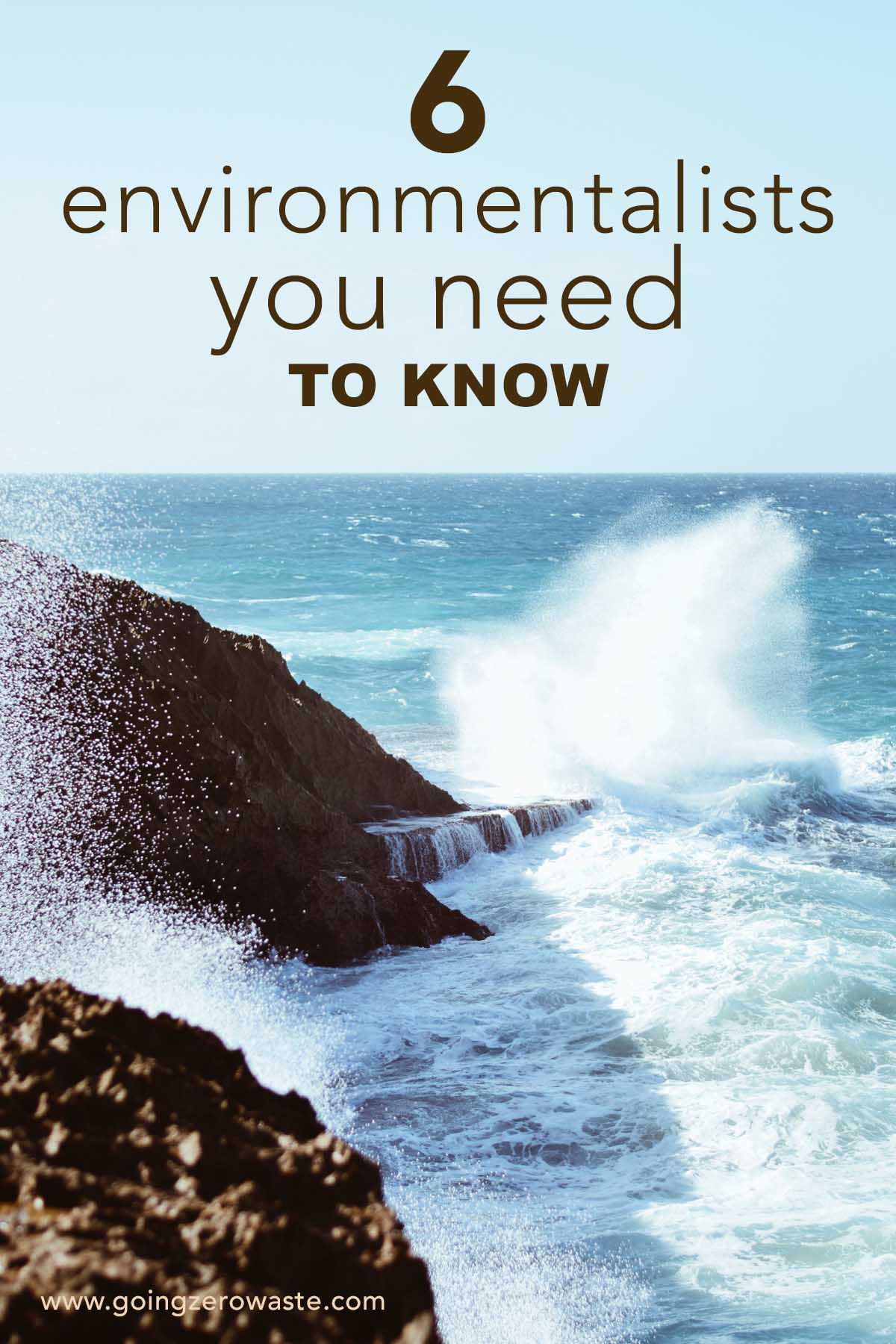I have been doing a lot of soul searching these past few weeks. You may remember that I came down pretty hard on Starbucks for their cup initiative and how they were missing the mark.
I'm very aware that I don't have all of the answers so I decided to actually talk to a few companies about their sustainability efforts. After all, me, one person, never having run a giant corporation or dealing with sustainability on a mass scale, I could have over simplified things.
After speaking with a few individuals, I learned that it is indeed more complicated than many of us, myself included, have made it out to be.
With sustainability, there is no right and wrong way. It's a whole bunch of gray matter.
I wrote a whole post on this scenario called How to Make the Best Choice for the Environment. It's basically me talking about all of the labels and all of the ways things can be made.
When going to purchase an item, I often run down a check list looking for different ways the product was made. Is it plastic-free? Is it zero waste? Was it made with recycled materials? Was it made ethically? etc, etc.
Very rarely does any product meet this full criteria.
When a product does meet this criteria, it's often a very small company who's designed their product and structured their company around environmental impact.
Which is amazing, and we should absolutely support these companies!!
However, this starts to get trickier as things scale. It also becomes trickier when you have a giant company who hasn't been formed around environmental impact and now want to change that.
These larger companies often have huge followings and are easily accessible allowing more of the population to partake in their sustainability initiatives.
It's easy to forget, that a lot of people are not educated in sustainability... especially when it's something you eat, sleep, and breathe. (like me ;) A large company could help introduce someone to more sustainable products and peek their interest in other areas.
So far, I've spoken with Clif Bar, Starbucks, Origins, and H&M about their sustainability efforts to try and greater understand where they're coming from.
- Clif Bar made their packaging as small as possible around the bars and saved one bars worth of packaging per box. Their boxes were designed to avoid plastic wrap.
- Starbucks is making compostable cups as well as working on campaigns to incentivize BYOC
- Origins has a take back program for their beauty products, and working on a way to close the loop
- H&M trying to close the loop in textiles and has a climate positive goal by 2040
There are a lot of things going on in the background that we, the consumer, don't see. Several of these companies are even working on new technology to completely close the loop on their products, but it's just not ready yet.
Throughout all of these talks, a key thing that kept cropping up was how impossible it was to completely change overnight.
Of course, a giant company can't just flip a switch and become completely sustainable in an instant.
I felt like I had been punched in the gut. I was so morally caught up in the crusade, I didn't even stop to think about the fact it's a process. I didn't go zero waste overnight. It was a process that took months and still isn't perfect.
Can you imagine what that looks like on a grand scale? When you have thousands of employees?
For some reason, the same allowance and kindness I afford individuals, stopped when it came to companies.
I talk about acceptance, kindness, and have repeatedly said, "It's not about perfection; it's about making better choices."
I talk about baby steps and encouraging any positive change on all levels because if someone makes a change and we constantly tell them they're not doing good enough, what makes them want to press forward?
Well, what do you know, the same thing applies to business too. I've found myself much more critical of companies trying to do better than companies not trying.
And, suddenly, this all just felt backwards.
If all we did was criticize companies trying, why would they want to keep working on sustainability efforts? Wouldn't it also discourage companies without sustainability efforts from starting?
Now, I'm not giving them a free pass by any means. What I'm saying is that we should rejoice and celebrate their sustainability efforts, while continuing to pressure for more change.
It's just another case of environmentalism not being black and white.
So, I've decided to rejoice in sustainability efforts while using my platform as a voice to encourage companies to move forward and dig deeper.
As many of you might have seen, I was featured in an article for Refinery 29. I was dressed in H&Ms Conscious Collection.
I received a lot of unhappy comments on IG, and I get it, I do. But having been an actor, when you're on a photo shoot, in a commercial, or on set - you don't have an option on how you're dressed.
When I learned that I was going to be dressed in the Conscious Collection, I thought about turning the interview down, but I decided having a platform to speak about zero waste and reach new people was totally worth it.
Two gals from H&M actually came on set, and I got to speak with them about their sustainability efforts. I truly was impressed with what they're doing. Do I think they still have a ways to go? Absolutely. No large company is perfect, but they're going a lot farther than most.
So, I'm rejoicing in their sustainability efforts, but I'll also be encouraging them to keep going.
Alden from Eco Cult also wrote an amazing article on this called Why I will Continue to Shop at H&M (Sometimes) Please, check it out.













